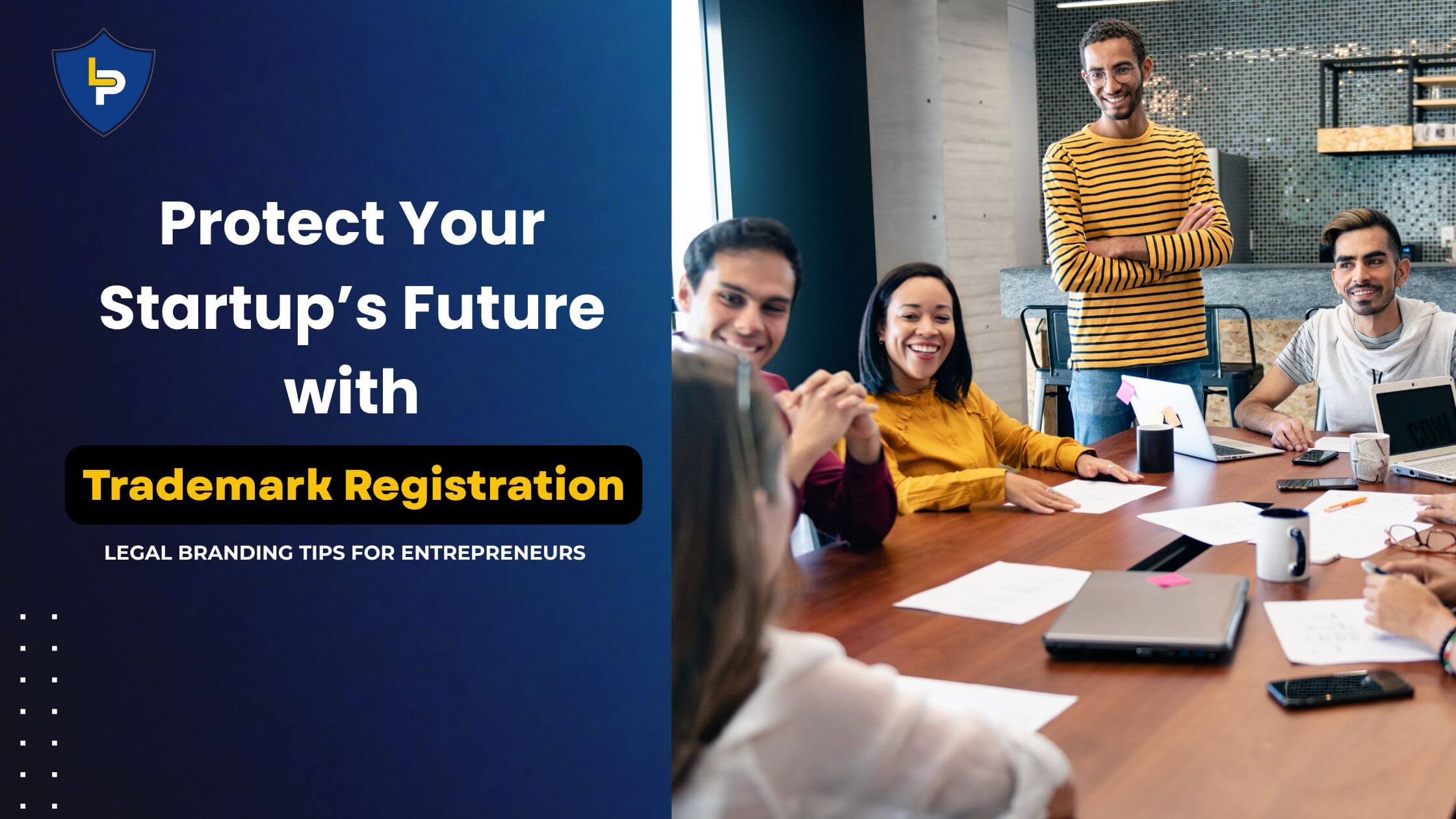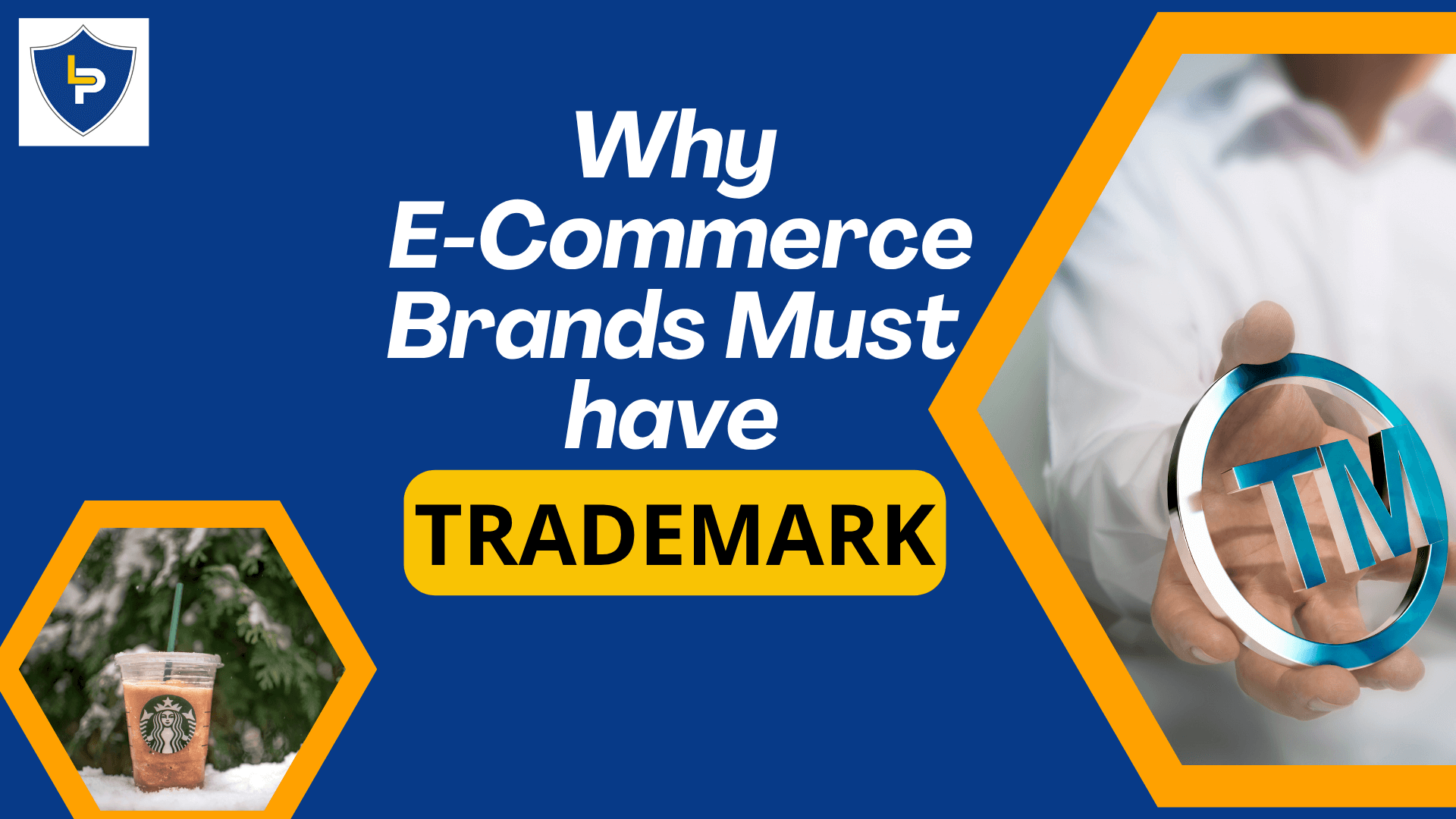The Trademark Registry has classified goods and services under 45 classes. Your application must mention the class/classes the goods/services represent. The trademark would be registered under those classes only.

A trademark registration gives its owner exclusive rights over the usage of the registered trademark in a particular territory. A registration is a prima facie proof of the registrant’s ownership and help courts make a presumption regarding the trademark’s validity in case of a dispute.
Trademark registration not only prohibits unauthorized usage of mark, but also acts as a bar for others to own exclusivity rights over confusingly similar marks. A trademark registration can be renewed every ten years by payment of the required government fee. A registration also enables its owner to earn royalties through assignment and licensing the trademark rights. A successful trademark registration vests you with the right to use the ® symbol.
 Fill up the search form
Fill up the search form Let us do the thorough search
Let us do the thorough search Get the Search report with opinion
Get the Search report with opinion
Get your trademark registered in India with the Indian Trademark Office smoothly through our professional assistance.
Get your trademark registered with the United States Patent and Trademark Office (USPTO) smoothly through our professional assistance.
Get your trademark registered with the European Union Intellectual Property Office (EUIPO) smoothly through our professional assistance.

Get your trademark registered in UK with the UK Trademark Office (UKIPO) smoothly through our professional assistance.

Get your trademark registered in Canada with the Canada Trademark Office (CIPO) smoothly through our professional assistance.

Get your trademark registered in Australia with the Australia Trademark Office (AUIPO) smoothly through our professional assistance.

Get your trademark registered in New Zealand with the New Zealand Trademark Office (NZIPO) smoothly through our professional assistance.
The Trademark Registry has classified goods and services under 45 classes. Your application must mention the class/classes the goods/services represent. The trademark would be registered under those classes only.
If your trademark is similar to an existing application, would hurt religious sentiments, contains geographical names or common words. It would also be rejected if it is likely to cause confusion. So you can’t register the word ‘car’ for a car brand, but may do so for a brand of electronics.
You can’t get the word, but all is not lost. You could instead design a unique logo for your business and include the name in it. Take BMW as an example. The BMW is within the logo. A prefix would also be permissible. This is known as a logo composite mark. So there is a way out, but it is best to have a unique name.
Before settling on a brand name, you need to check if it can acquire the legal rights necessary to hold on it. This is because the commercial rights to a brand name belong to the owner of its trademark. To find out if yours has already been taken, you can run a trademark search, which is basically a database search of India’s Intellectual Property Database. Now, running the search is easy. Begin by selecting the wordmark and typing in the word/s you want to register. The results will tell you whether there already is another registration in that name. If there is one, check its status. If it is either approved, applied, objected or opposed, it makes sense to pick another name. Do also check for phonetic similarities with other registered names. To do this, you need to select the dropdown at the top of the page. While the phonetic search isn’t very accurate, you can say with certainty that your trademark will be approved if there aren’t any relevant matches here either.
If your brand name has already been registered, but under a different class, you’re still in luck. Unless the brand is too well known (McDonald’s or Fiat, let’s say), your application is likely to be approved. If, on the other hand, a trademark has been registered by another brand after you began using it, you should take the matter seriously. Find out the origin of the goods and send the office a cease-and-desist letter. Although it does not apply exclusively to intellectual property, such a letter is usually sent in cases of infringement. If the party does not cease and desist from selling the goods with your trademark within the time mentioned in the letter, you may take them to court.
As soon as you file the application, you receive an acknowledgement, which gives you the right to use the ™ symbol. Once it’s registered, you can use the ® symbol.
It depends entirely on the government’s judgement. But if it is unique, it is highly likely that it will be granted.
Many start-up founders register it in their own names, while large businesses would prefer to do so in the name of the company. This is because the future of a start-up is always in doubt. If owned by the founder, the trademark would be valid regardless of the state of the company. A trademark license agreement is, however, needed in this case.
Any expression of your brand that distinguishes it from all other brands can be trademarked. This, therefore, includes your brand name, logo or slogan. New brands need only bother themselves with these three types, though more successful brands, that have much more to protect, trademark much else. Levis, for example, has trademarked the position of its red label on all its jeans. Cadbury’s fought hard to maintain exclusive rights to use the colour purple on packaging for chocolate, but ultimately lost the dispute with Nestle. Young start-ups, however, tend only to trademark a word or logo or else register a logo composite mark (when text is included within the logo).
Trademarks and copyrights are both intellectual property, but serve different purposes. A copyright applies to literary and audio-visual (music, photographs, movies) works. So it’s an exclusive right granted to the creator or author of a book, script, software, music, photograph or movie. The owner has the right to stop the publication of any work that shares similarities with his/her work, unless it has been fairly used. Registration is not necessary. However, as copyright infringement has become commonplace in the Internet age, and you need a registration to take the matter to court, copyright registration has gained importance. A patent is a right granted for a product or process to an individual or enterprise. This right grants its owner the ability to exclude others from making, using, selling or importing the patented product or process without prior approval. In exchange for this right, the applicant must fully disclose the invention. A patent is valid for 20 years, after which it falls into the public domain.
susy-nub

If you believe your registered trademark is being infringed, it is easy to establish your right to it in court. If you haven’t registered the word, slogan or logo, you would not be able to do so. Particularly in sectors in which piracy is rampant, trademark registration is essential.

A trademark is an intangible asset that can be enormously valuable, should your brand succeed. Think of Tide, Nike or McDonald’s. Businesses can earn huge money in royalties through licensing agreements or even transfer ownership to interested parties through assignment agreements.

You would want your customers to identify your products or services with yours only. Registering your trademark is the first step toward ensuring this. The court would then stop any similar words or slogans from being registered.

The basic source of our team’s strength and commitment lies in our dedication towards the discipline. Almost all of our team members exclusively have specialized in the field of Intellectual Property Rights and are passionate to deliver their best in terms of services.

Our team comprises of a group of skilled and young professionals who are capable of handling several tasks in an impeccable manner. Our young team of professionals specializes in the discipline of Intellectual Property Rights and has been delivering time bound results without compromising with the quality of the work. Our ambitions are driven by the idea of success which we believe rests in our client’s level of satisfaction with our work

Our client base has no geographical boundaries. For the last three years, we have been working with clients based in the regions like North America, South America, Australia, Europe and several South Asian Nations. Our global reach established via international networking in such a short period of time is purely a result of high-level commitment towards our work and client satisfaction which we have garnered through the quality of our work.

Starting a new business is an exciting venture filled with vision, ambition, and countless to-do lists. From perfecting your product to building a stellar website and launching your marketing campaigns, every step is crucial. However, amidst the hustle and bustle, one critical task often gets overlooked — trademark registration. While it may seem like a […]
Read more


In the fast-paced world of E-Commerce, building a recognizable brand is key—but protecting that brand is even more critical. From online marketplaces like Amazon and Etsy to your own Shopify store, trademark registration ensures your brand identity is not only unique but legally protected. In this blog, we’ll explore why every eCommerce business, whether a […]
Read more


Imagine this, the most anticipated blockbuster movie of the year hits theatres. Within hours, maybe even minutes, it’s lighting up screens not in cinemas, but on smartphones and laptops across India for free. A hit web series, meant for subscribers only, is shared in its entirety within a chat group, just a click away. If […]
Read more
